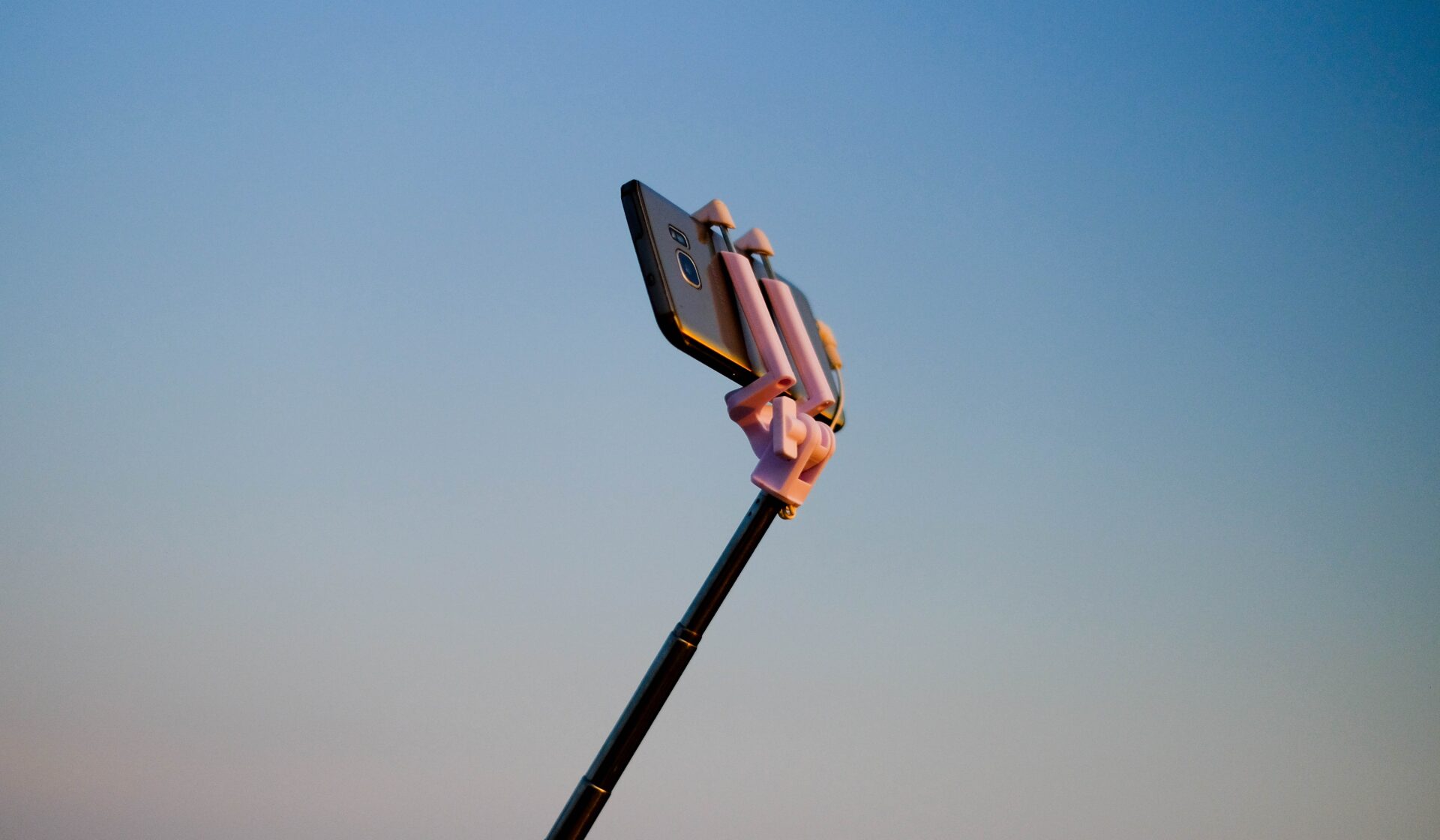Instead of waxing lyrical about the latest launches, social media content creators are increasingly advising followers against purchases and calling criticism to cult-favourite products.
Social media has always been synonymous with influencing.
From the earliest stages of Instagram to our current, obsessive product pushing culture, nearly everyone who has ever used the internet has been swayed into buying something through influencer recommendations.
Open the comment section of a ‘my morning routine’ video, for example, and you’ll find inquiries as to where the subject bought their pillow cases, pyjamas, or actual bed. If they don’t respond fast enough, they’re often labelled a gatekeeper.
Such intense pressure is rather needless, considering posts are rarely uploaded without tags, and Linktree bios now send viewers directly to product purchase pages.
With most content creators dependent on company, brand, and service collaborations as their main source of income, influencer sponsorships have paved the way for an entirely new type of career path that’s extremely desirable.
@eliseeatsplants considering that the rare beauty blushes each last a lifetime, you may not need 6 of them #deinfluencing #makeup ♬ original sound – elise maria
A survey last year found that 54 per cent of Americans aged 13 to 38 would pursue it as a profession if given the chance.
Over on TikTok, however, the tide appears to be turning. This is particularly notable given it’s the highest performing app on the planet and the best place to advertise brands or products.
A select few have begun to ‘de-influence’, a new trend that stems from an apathy toward relentless, out-of-control consumer culture.
But what do we mean by ‘de-influence?’ Exactly what it sounds like, this viral trend sees creators refuse to promote ‘must-have’ items solely because they’re popular in that moment.
In other words, instead of waxing lyrical about the latest launches, content creators are increasingly advising followers against purchases and calling criticism to cult-favourite products.
@alyssastephanie I love deinfluencing ❤️ #deinfluencing #deinfluencergang #cultproduct ♬ original sound – Alyssa ✨
‘We’ve reached a point of critical mass when it comes to consumerism,’ says Jago Sherman of Goat. ‘People are kind of fed up with going on social media and being told: “you need this and this”.’
Sparking a wider conversation about overconsumption, de-influencers are now urging users to think long and hard before they fall victim to the hype of materialism.
It follows a burgeoning awareness of how influencing promotes unattainable idealism. Gen Z in particular are craving more authenticity, transparency, and relatability from those they’ve long admired for seemingly living lavish, unattainable, and aesthetic lifestyles.




















